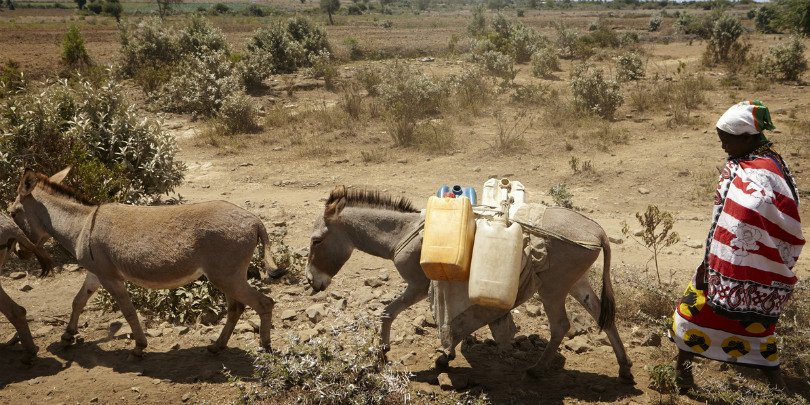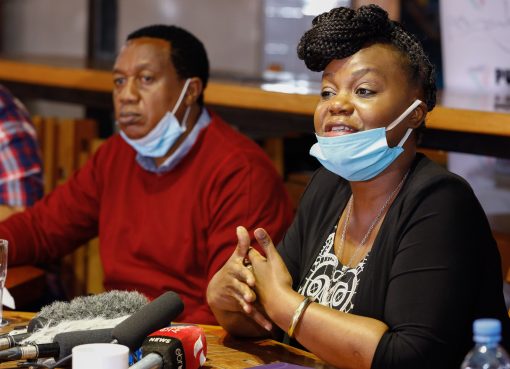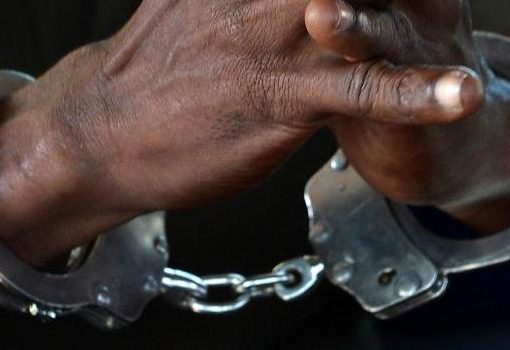As Covid-19 continues to spread around the world, working donkeys are still providing an essential role in ensuring communities have access to food, water and medical transport.
Speaking remotely on Sunday to mark World Donkey Day celebrations in Kitui, Caritas Director Florence Ndeti observed that despite the strict movement restrictions in the country, donkeys are working every day in difficult conditions to support millions of people.
“As communities face huge challenges to their resilience and livelihoods, donkeys too feel the brunt of this pandemic,” said Ndeti.
She said that as part of efforts to combat the spread of coronavirus, the government has implemented measures restricting business, public service and movement of people.
‘In areas under Caritas Kitui, animal health practitioners are still delivering essential services to donkeys and communities, despite severe constraints,” she said.
Ndeti disclosed that veterinarians and animal health workers are a critical part of the country’s health community and are a vital asset in responding to Covid-19.
‘Beyond the activities veterinarians undertake to support the health and welfare of animals, they also have important roles in disease prevention, management and in ensuring food safety,” said the donkey welfare activist.
She said access to animal health services including medicines is critical in maintaining the health of livestock, working donkeys and companion animals, all of which play important roles in supporting human health and well-being.
Ndeti observed that donkeys play a key role in supporting food production, water harvesting, distribution and transportation of essential goods.
“All of these things are even more critical following emergencies such as Covid-19. It is vital that working donkeys receive essential care and treatment at this time,” she noted.
The Caritas Director was categorical that the Covid-19 pandemic has exposed the historical failure of the government to take animal health and welfare seriously.
“We appeal on the government to invest in animal health systems and recognize the importance of animal care practitioners in managing the current coronavirus outbreak and preventing future pandemics,” she said.
On the same score, she termed the recent closure of four donkey slaughterhouses in the country a big reprieve to stakeholders and welfare activists in curbing possible extinction of the donkey species.
A large population of Kenya’s 1.8 million donkeys are found in semi-arid areas where they are used by women to transport water and firewood.
Others are used in agricultural areas to transport farm produce to markets and household goods in urban areas and also commercial goods.
“Despite the heavy reliance on the beast of burden, they are often misused, abused, suffer from malnutrition, dehydration among other health conditions.
Kenya is at the epicenter of the donkey crisis. Despite the closure of the four donkey abattoirs, we are not yet off the hook. The black market demand for donkey skin trade is flourishing”, observed Ndeti.
The Caritas Director pointed out that thousands of donkeys are illegally slaughtered and exported from Kenya annually, causing their numbers to decimate.
“They are driven by demand from China, as hides are boiled to produce a gelatin used in traditional Chinese medicine,” she said, adding that Caritas Kitui has rolled out community led initiatives to protect these animals.
‘We will continue mobilizing communities and alert the government on the need to put donkey welfare on its development agenda and initiate policies targeted on the beast of burden,” said Ndeti.
By Yobesh Onwong’a




